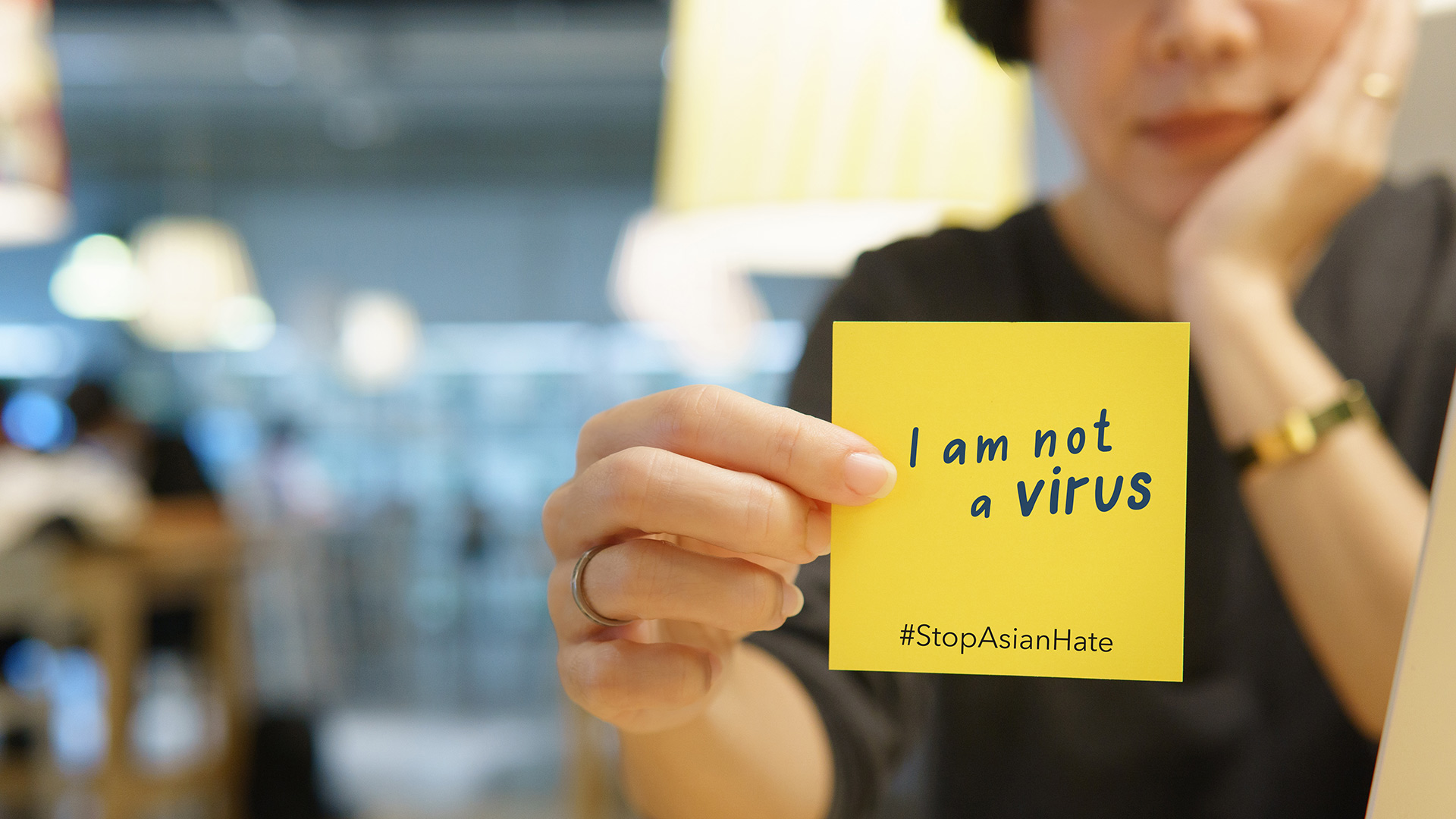- Future Students
- How to Apply
- Visit UHCL
- Admitted Students
- Tuition, Costs and Aid
- Degrees and Programs
- Contact Admissions
- Current Students
- Class Schedule
- Academic Calendar
- Advising
- Events
- Library
- Academic Resources and Support
- Student Services and Resources
- Alumni
- Lifetime Membership
- Alumni Events
- Update Your information
- Awards and Recognitions
- Give to UHCL
UHCL prof: Hate crime act will raise awareness about discrimination
May 3, 2021 | UHCL Staff

Since the start of the COVID-19 pandemic, Texas has risen to fourth in the country for highest rate in hate-crime incidents against Asians, according to Stop Asian American and Pacific Islander Hate, a California-based reporting center.
The COVID-19 Hate Crimes Act recently cleared the Senate with overwhelming bipartisan support to address this drastic increase in violence directed at Asian Americans during the pandemic. U.S. Sen. Ted Cruz initially opposed the bill, calling it a "Democratic messaging vehicle designed to push the demonstrably false idea that it is somehow racist to acknowledge that COVID-19 originated in Wuhan, China."
He ultimately changed course and supported the bill, after an amendment was added by U.S. Senators Susan Collins and Mazie Hirono.
"This hate crime legislation is so important, because rates have been going up for a while, but there are problems with getting these crimes reported, so we don't have enough information about the full extent of the problem," said University of Houston-Clear Lake's Associate Professor of Sociology Stephen Cherry. "We have to start by acknowledging this has always existed, since the first time Asians emigrated to this country, back in the 1850s. We are now seeing another big wave of hatred toward Asian Americans, but it's just that it's more in the news now."
Cherry said the most recent wave has been roused by the COVID-19 pandemic, and bolstered by celebrities with massive social media followings and politicians at the highest level calling it the "Kung flu," the "China virus," or the "Chinese flu."
"The currents of hate are already there, and then someone emboldens it and blames it on a group, saying it's their fault, and that allows for an eruption of another wave," he said. "It's easy to look at former President Donald Trump and those who have aligned with this white nationalist agenda and say that's where it started, but it's actually a rebranding of something old. If it hadn't been Trump, it would have been someone else."
Cherry said he believes the passage of the crime bill will be helpful. "It sets up a system which clarifies the language better, so that it makes it more obvious to the public what is a hate crime and what isn't," he said.
"The law makes it possible to appoint a member of the Justice Department to review these crimes and then work with community advocates, and state and local officials to report these crimes, which are underreported," he continued. "So it provides a connection from the federal agencies to the community level."
A key aspect of the law is its plan to issue guidance that would help raise awareness of hate crimes during the COVID-19 pandemic. As former President Donald Trump repeatedly called it "the China virus," from the pandemic's beginning, crimes against Asian Americans surged.
Importantly, Cherry said, this legislation shows that the federal government is standing up and acknowledging this problem. "Systemic racism is real, and these are the statements people need to hear. This doesn't happen for a lot of communities, particularly the Asian community," he said. "It's incredibly important here in Houston, where we sometimes forget that the Asian and Pacific Islander community is very significant."
Cherry said he believed it's one of the reasons why Sen. Cruz caved in and supported the bill. "He's playing an odd political game now, trying to make his constituencies happy because he's seen his polling numbers go down in many communities with large minority populations," he said.
This month, Stop AAPI Hate reported 103 incidents of discrimination against Asian Americans in Texas from March 19, 2020 to Feb. 28, 2021, which were among nearly 3,800 nationwide.
For more information about UHCL's Sociology program, or the university's Office of Student Diversity, Equity and Inclusion, go online.






